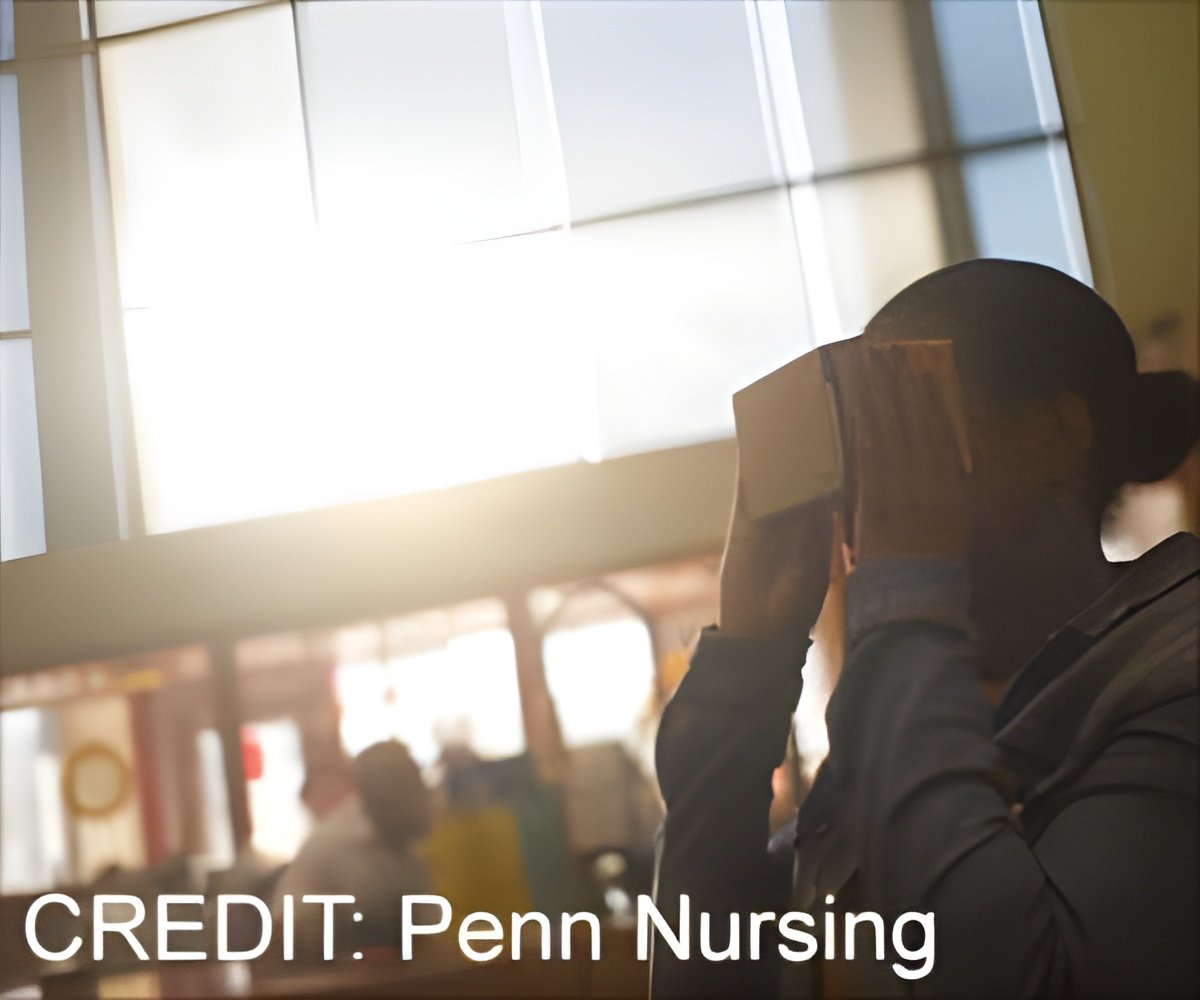
‘Virtual reality training is found to be as effective as personal training in saving lives by reversing the opioid overdoses.’
Tweet it Now
"Overdoses aren't happening in hospitals and doctor's offices,they're happening in our communities: in parks, libraries, and even in our own homes. It's crucial that we get the ability to save lives into the hands of the people on the front lines in close proximity to individuals at risk of overdose”, says Nicholas Giordano, former Lecturer at Penn's School of Nursing.A 9-minute virtual reality video training was altered by the researchers and then the interdisciplinary team tested the VR training on the public at free naloxone giveaways and training clinics held by the Philadelphia Department of Health at local libraries.
One third of the 94 participants experienced personal instructions on dispensing naloxone and the rest of the participants watched the experimental VR training. After the training, participants were asked questions about the training to make sure that they are well informed about safely administering naloxone in the case of an opioid overdose.
"We were really pleased to discover that our VR training works just as well as an in-person training, we weren't looking to replace the trainings public health organizations are already offering; rather, we were hoping to offer an alternative for folks who can't get to an in-person training, but still want the knowledge. And we're excited to be able to do that.", says Natalie Herbert, a 2020 graduate of Penn's Annenberg School for Communication.
The researchers plan to make this available to even more members of the general public by building partnerships with libraries, public health organizations and other local stake holders. With huge support from the Independence Blue Cross Foundation, the team will be circulating promoting the VR training throughout the Greater Philadelphia Area.
Advertisement












